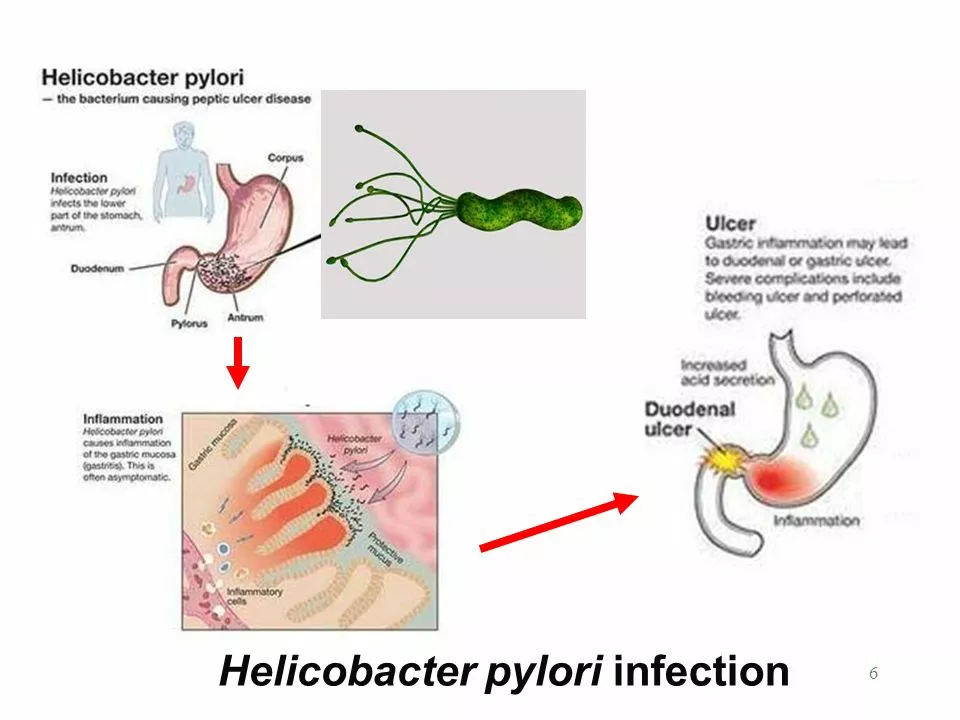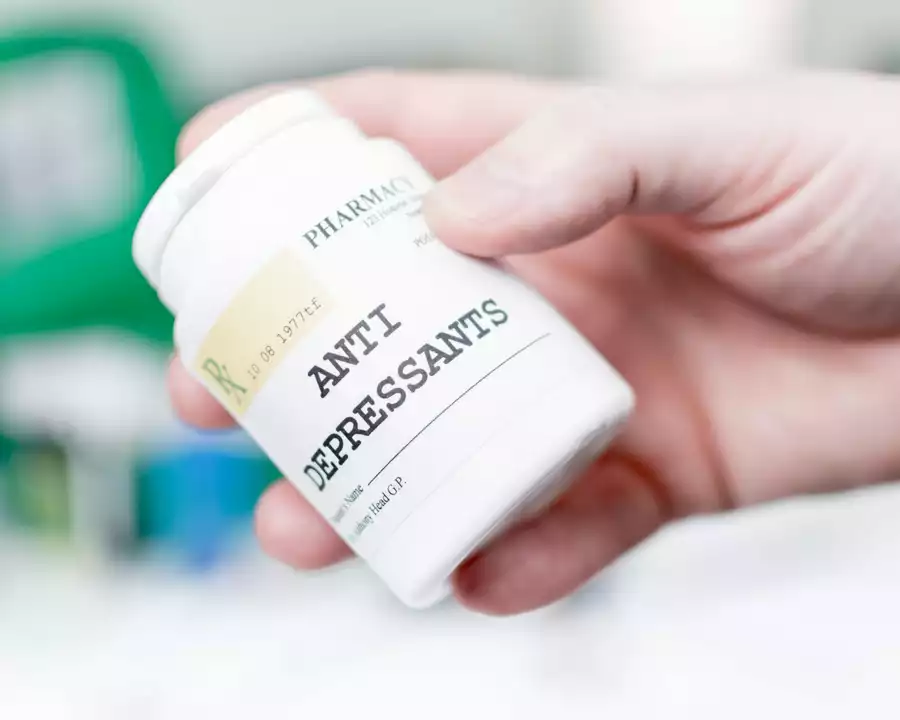April 2023 Pharmaceuticals Archive — Practical Summaries & Next Steps
You’ll find four focused posts from April 2023 that matter if you take medicines or care for someone who does. Each piece explains a drug or a condition and gives clear, practical takeaways you can use when talking to a clinician or managing symptoms at home.
Ulcers and Helicobacter pylori: what I learned
One post highlights that a large share of peptic ulcers are linked to Helicobacter pylori. That’s a game changer because it shifts treatment from only acid control to targeting the bacteria with antibiotics. If you have recurring stomach pain, bloating, or burning that doesn’t respond to antacids, ask your provider about H. pylori testing. A positive test usually means a defined antibiotic course plus an acid reducer—follow-up testing after treatment helps confirm the infection is cleared.
Quick tip: keep a simple symptom log (what you ate, pain timing, meds taken). It makes conversations with your clinician faster and more useful.
Sertraline and chronic pain, plus practical dental and relaxation ideas
Another April post explored sertraline (Zoloft) and its possible role in chronic pain. Sertraline changes serotonin levels, and that can blunt pain signals for some people. It’s not a universal fix, but if depression or anxiety coexists with chronic pain, discussing sertraline with your doctor makes sense. Don’t start or stop antidepressants on your own—ask about expected timelines, side effects, and how pain improvement will be measured.
The same month we covered acyclovir in dentistry. Dentists use acyclovir to treat oral herpes outbreaks that cause painful sores. If you get cold sores around dental visits, tell your dentist—they may delay invasive work or prescribe antivirals to reduce pain and infection risk. Early treatment (at first tingle) usually works best.
Finally, a practical piece looked at atenolol and relaxation techniques. Atenolol helps lower blood pressure and can reduce physical symptoms of anxiety, like a racing heart. Pairing medication with simple relaxation—deep breathing, short guided meditations, or progressive muscle relaxation—often helps more than either alone. Try brief daily practices (5–10 minutes) and note how your resting heart rate and sleep respond.
Across these posts the recurring idea is the same: medicines work best when paired with clear monitoring and simple habits. Test for causes when available (H. pylori), treat early (acyclovir at first tingle), discuss broader effects with your prescriber (sertraline for pain), and combine drugs with self-care (atenolol plus relaxation).
If any of these topics match your situation, save the relevant post, track symptoms, and bring specific questions to your clinician. That makes appointments productive and helps you get the right tests or treatments sooner.



